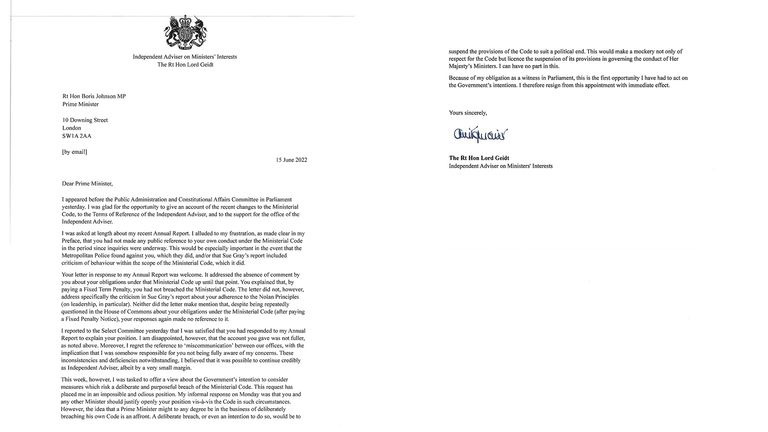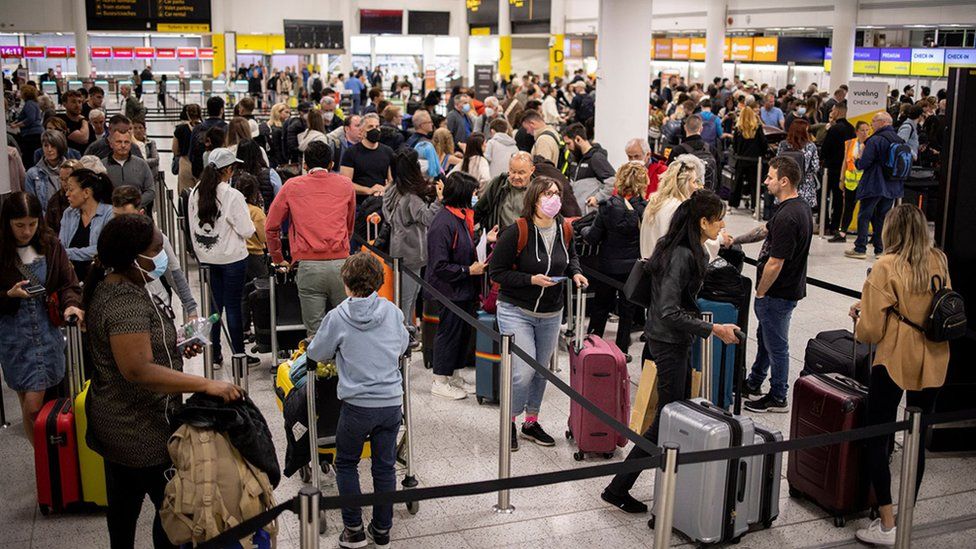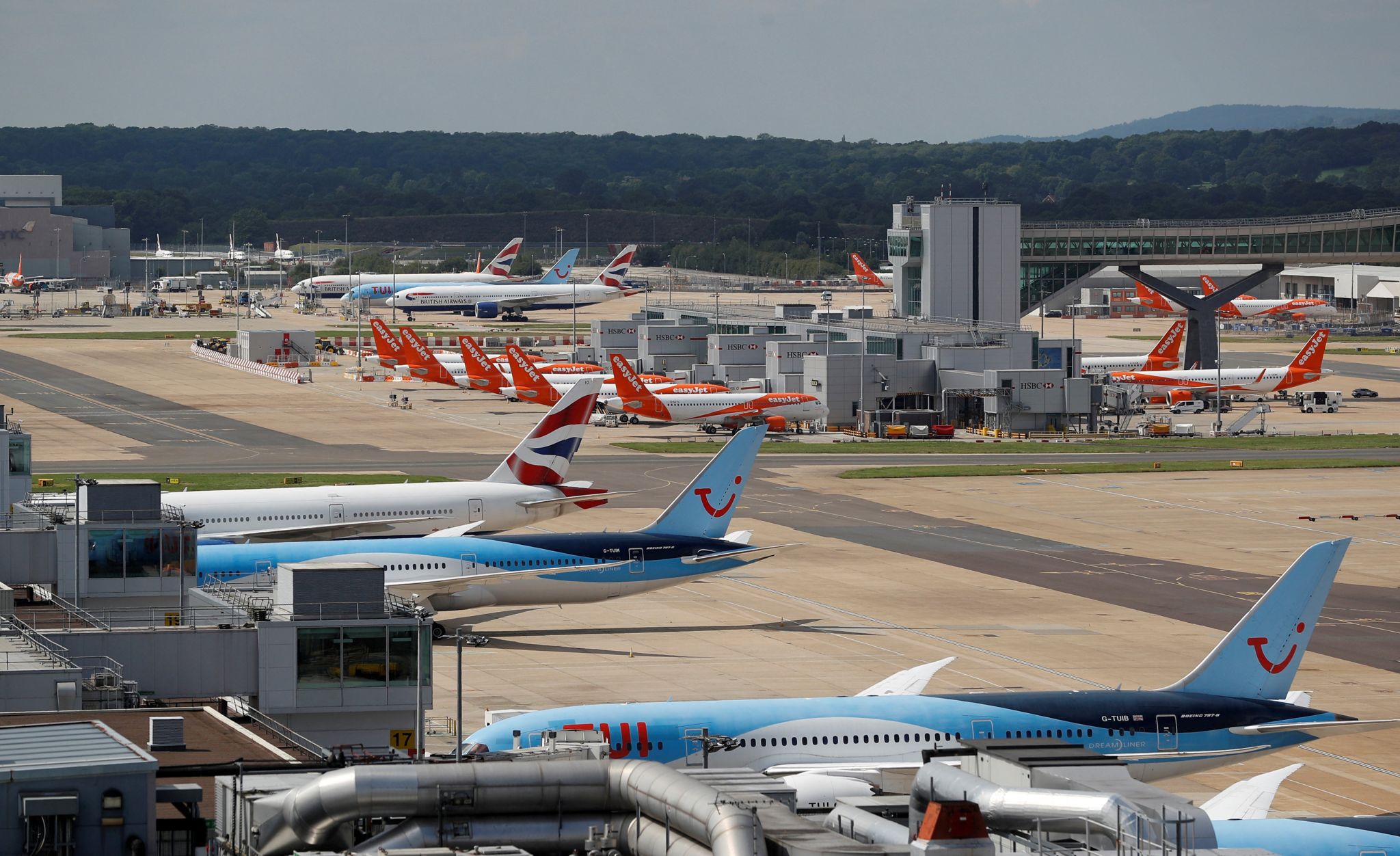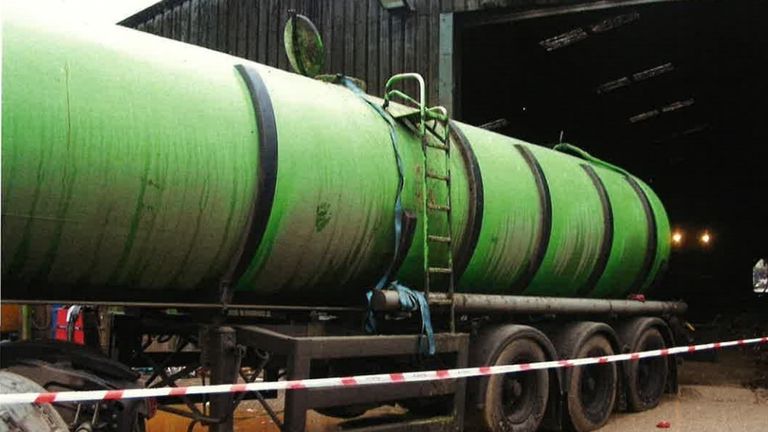 PA Media
PA MediaRail and tube strikes will go ahead next week after talks failed to resolve a row over pay, jobs and conditions, union leaders have confirmed.
The Rail, Maritime and Transport union (RMT) said discussions with Network Rail, train operators and London Underground had failed.
The strike will cause disruption across England, Scotland and Wales.
The Department for Transport said it was disappointing and that strikes should "always be the last resort".
The action, which will involve thousands of workers, will take place across 13 train operators and Network Rail on Tuesday, Thursday and next Saturday, and there will be a London Underground strike on Tuesday.
Operators have said there will be knock-on effects on other days as well.
Network Rail, which owns and maintains the country's railways, said the union was "dismissing talks before we've even finished" with more discussions planned for Sunday.
A Network Rail spokesperson said it was "serious" about trying to find a solution and a compromise which gave people a "decent pay rise", but was also affordable for taxpayers and farepayers.
In a recent Q and A for members, the RMT said its position in all pay negotiations was for an above Retail Price Index (RPI) inflation pay rise.
RPI, a measure of inflation used to calculate the cost of living, was 11.1% as of April 2022 - up from 2.9% a year earlier. The union said it had recently secured an 8.4% rise workers on the London Underground.
As to whether pay rises should be backdated to compensate for pay freezes, the union said any rise "should reflect that members have not had a pay rise... and the drastic increase in the cost of living".
RMT general secretary Mick Lynch said that "despite the best efforts of our negotiators" no viable settlements to the disputes had been created.
Mr Lynch blamed the government for cutting funding to the transport system - which he said amounted to £4bn - and said as a result companies were cutting benefits, making staff work longer, and making them poorer in retirement.
He said thousands of jobs were being cut across the rail networks and workers were facing below-inflation pay rises.
The RMT says there are proposals to cut 2,500 maintenance jobs on Network Rail, which the union said could "increase the possibility of trains flying off the tracks".
'No one wins'
Meanwhile, passengers have been warned by Network Rail not to travel on trains unless necessary during strikes next week, with about half of all rail lines closed.
A skeleton timetable on strike days will see about 20% of services running. For example, the last train to London from Edinburgh departs at 13:30 and, from Manchester, at 14:47.
The Rail Delivery Group said that "no one wins in the event of a strike" and said it would be working alongside Network Rail to keep as many services running as possible.
The group's chair Steve Montgomery said this week that taxpayers have supported the rail industry with "the equivalent of about £600 per household since Covid" adding that "passenger numbers are still only at around 75% of pre-pandemic levels".
A Department for Transport spokesperson said the government had committed £16bn to keeping the railways running during the pandemic, but warned the industry was still "on life support" and strikes could stop customers choosing rail travel in the future.
Labour leader Sir Keir Starmer he wanted all parties around the negotiating table "even at this late hour" as he did not want the strikes to go ahead.
"But, like the British public, I'm frustrated because the government is sitting it out, it's not lifting a finger to resolve these strikes," he said.

How are the rail strikes affecting you? Do you rely on trains? Are you having to make alternative travel arrangements? Will you miss an important event? Get in touch by emailing: haveyoursay@bbc.co.uk.
Please include a contact number if you are willing to speak to a BBC journalist. You can also get in touch in the following ways:
- WhatsApp: +44 7756 165803
- Tweet: @BBC_HaveYourSay
- Or fill out the form below
- Please read our terms & conditions and privacy policy
If you are reading this page and can't see the form you will need to visit the mobile version of the BBC website to submit your question or comment or you can email us at HaveYourSay@bbc.co.uk. Please include your name, age and location with any submission.
https://news.google.com/__i/rss/rd/articles/CBMiJmh0dHBzOi8vd3d3LmJiYy5jby51ay9uZXdzL3VrLTYxODUyMjg20gEqaHR0cHM6Ly93d3cuYmJjLmNvLnVrL25ld3MvdWstNjE4NTIyODYuYW1w?oc=5
2022-06-18 14:20:29Z
1471253390


/cloudfront-us-east-2.images.arcpublishing.com/reuters/WYPAQAO7K5PQLLIFBYZPGHPCQA.jpg)







